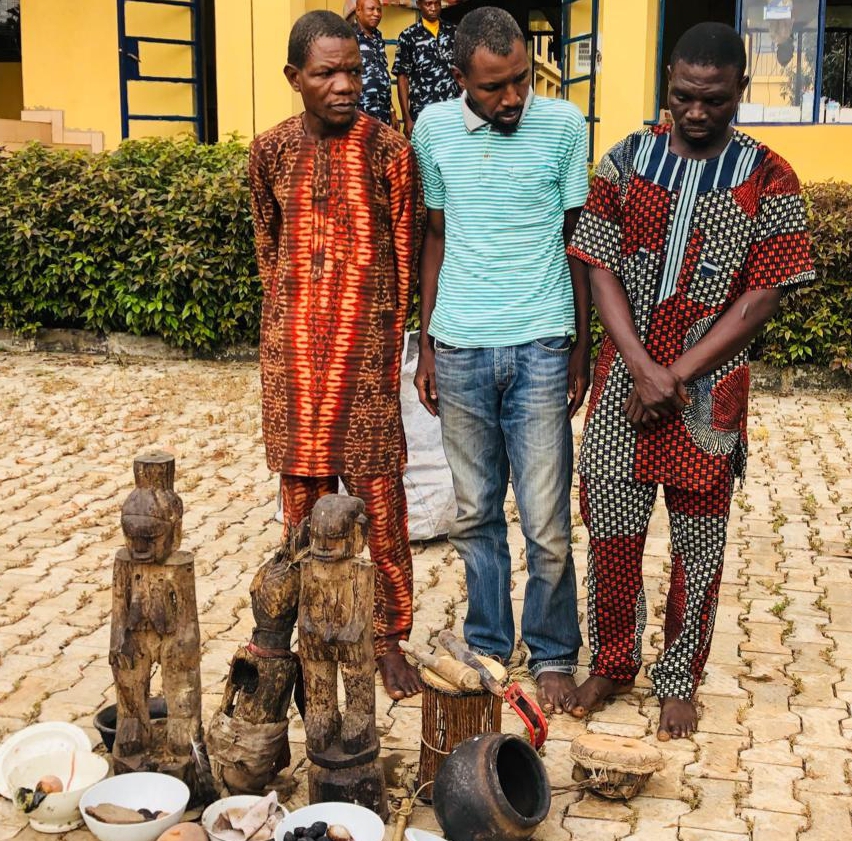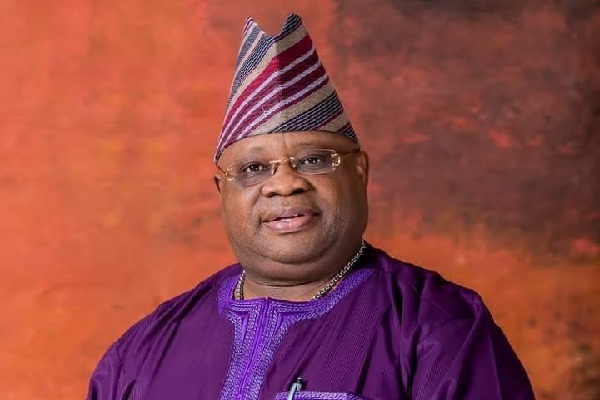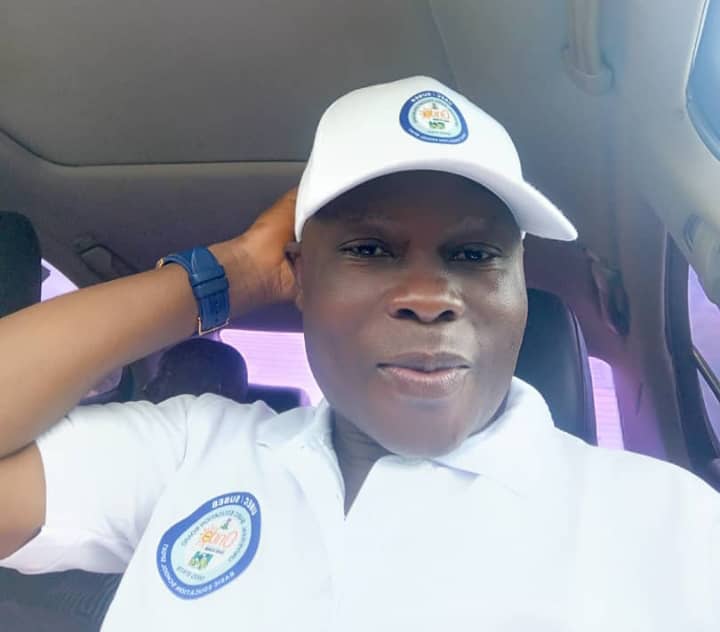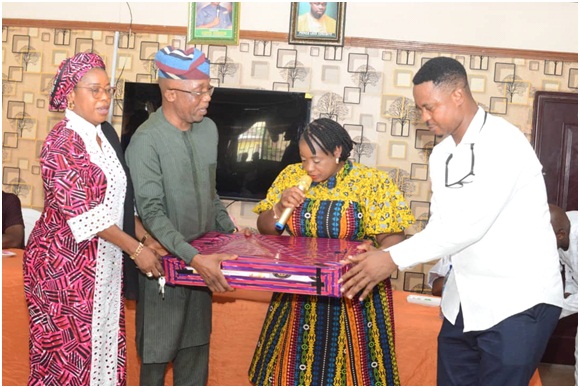Can a minor give evidence in Court?
By Runsewe Solomon
There is no age limit in relation to giving of evidence but the court needs to ensure that the child understands the question put across to him/her, this is a duty of the court when a child is involved in evidence. The Hope Classics spoke with some legal practitioners on the matter. Excerpts;
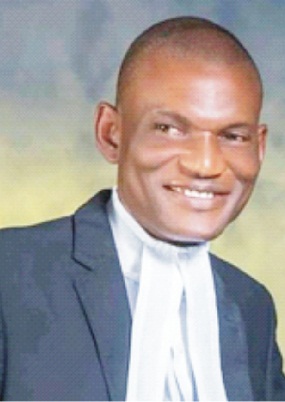
Segun Oni ,Esq
The take off point will be to define the concept of minor in Nigeria with specific reference to a particular number. Section 29 (4) of the 1999 Constitution of the Federal Republic of Nigeria as amended says ” full age” means the age of 18 years and above. So a minor in Nigeria means someone below the age of 18 years which is the maturity age in Nigeria.
The word evidence simply means the true statements made by witnesses in the open court in the course of the proceedings involving the matter, this is necessary so as to guide the court in arriving at a reasonable conclusion.
It is important that nobody should be denied the opportunity of talking in the court of law so as elucidate on any matter whether as to the age, sex, level of education etc, this will amount to discrimination which is violation of fundamental right as a Nigerian citizen.
There is no age limit in relation to giving of evidence but the court needs to ensure that the child understands the question put across to him/her, this is a duty of the court when a child is involved in evidence.
Certainly, a Nigerian child devoid of his/ her age is competent to give evidence in court unless he does not understand the question puts across to him/her. The court has a way to test the child’s understanding. If he/ she is found competent, then he cannot be prevented from testifying in court.
As a matter of fact, the law of evidence in Nigeria has never denied the competence of a child to give evidence. The court before whom the child appears has a duty and that is discovery first whether the child is sufficiently intelligent enough to understand the question puts across to him.
The court achieves this aim by putting questions that are not related to the issue under discourse but where a child fails this test, then he/she is not fit to be a competent witness in court.
In the final analysis, everyone regardless of age has the right to evidence in court provided he has an understanding of the matter pending before the court. Court is a public place and it is opened to everyone.

Olusola Akintemi Esq
Any child giving evidence in court, whether a defendant or a witness is entitled to special measures to make it easier for them to give evidence.
Child witnesses should be offered a court familiarisation visit before the day they need to go to court to give evidence. When the child arrives at court, they should be met by a trained witness supporter and taken to a witness waiting area.
There is a presumption that children will give their evidence by recorded video and any further evidence by livelink if required. A child may opt out, subject to the agreement of the court, and give evidence in court instead. In that case, there is a presumption that the child will give evidence from behind a screen. It is also possible for a child defendant or witness to give their evidence without the screen in court if they wish to opt out and the court agrees. The child will be asked to promise to tell the truth, rather than taking an oath.
The lawyers should consider the child’s age and understanding when asking questions to make sure that they fully understand.

Maria Akinrata Bolorunduro Esq
Specifically, a Nigerian child, regardless of his age, is competent to give evidence in court unless the court considers that he is prevented from understanding the questions put to him or giving rational answers to them by reason of tender age, disease of mind or body, or mental infirmity.
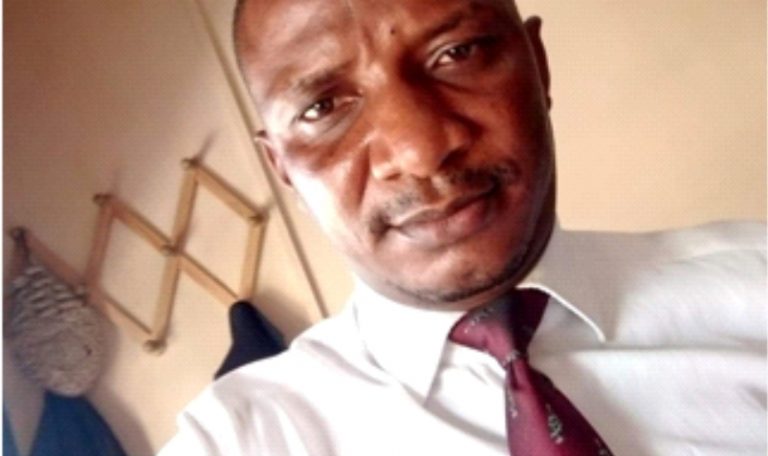
Samuel McCoy Esq
Yes but it is not absolute. See section 209 of the Evidence Act, 2011.
Mogbojuri Olukayode Esq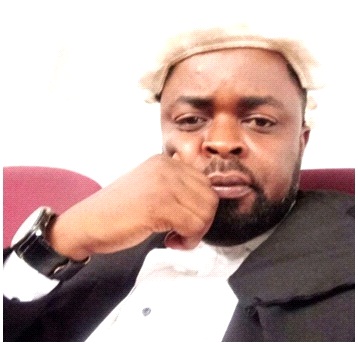
Generally, children as young as three or four years old may qualify to testify, but some children are simply too young or too immature to be competent witnesses.
In order to determine whether a child is competent, the judge interviews the child, usually in the judge’s chambers or in a closed courtroom.

Olukayode Ogboye Esq
Pursuant to section 13 of the Evidence Act 1995, all persons are presumed to be ‘competent’ to give evidence unless they do not have the capacity to understand a question about a fact or do not have the capacity to give an answer that can be understood about a fact (because of their age, an intellectual disability or any other reason).
A person will not be competent to give evidence if that incapacity cannot be overcome, for example, through the use of breaks, simple language when asking questions or through the use of a different method of giving evidence. Further, it is important to note that a person may be competent to give evidence about some facts but not others.
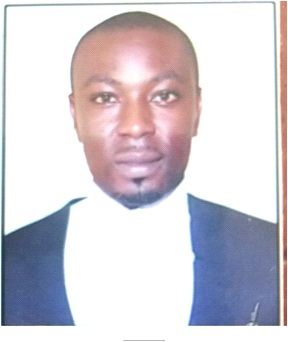 sebiotimo Joshua Esq
sebiotimo Joshua Esq
Under Section 96 (2) of the Children Act 1989 state that where a child who is called as a witness in any civil proceedings does not, in the opinion of the court, understand the nature of an oath the child’s evidence may be heard by the court if, in its opinion – he understands that it is his duty to speak the truth, and he has sufficient understanding to justify his evidence being heard.
The evidence of a child who, in the opinion of the court, does not understand the nature of an oath may be heard if they: Understand that it is their duty to speak the truth and have sufficient understanding to justify the evidence being heard.
Although section 96 does not expressly provide, the implication is that in such circumstances, the child will give evidence unsworn.

Alexandra Ojo Esq
If the minor is younger than 14 years such cannot swear oath but evidence is valid and acceptable. Though the new Nigeria evidence act do not indicate at what age do we refer to a child as a minor but our inference from other countries and evidences validates the age variances aforementioned.
In any proceeding in which a child who has not attained the age of 14 years is tendered as witness, such child shall not be sworn and shall give evidence otherwise than on oath or affirmation, if in the opinion of the court; he is possessed of sufficient intelligence to justify the reception of his evidence.

